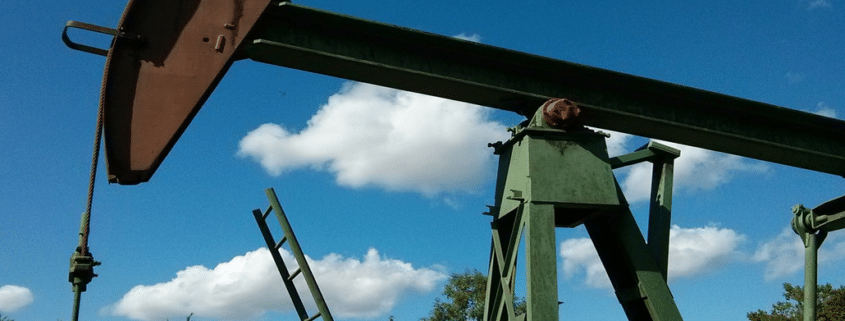5 Things to Do Before Signing an Oil and Gas Lease
Oil and Gas Lease
If you own mineral rights and are considering selling them to earn cash or minimize your tax deductions, then there are a lot of things you must consider before striking a deal and physically signing all of the paperwork and documents. We’ve compiled a list of five of the most important things to think about and do before entering an oil and gas lease for oil and mineral rights or royalties.
1. Ask Questions
Are you already familiar with the majority of the industry’s terminology? There are a lot of players in the oil and gas fields that are very experienced in their fields. If you are unsure about anything during the process of signing an oil and gas lease, asking questions is going to be the best way to get certified, professional opinions about your individual situation.
2. Be A Good Person
You may think that someone approaching you about your mineral rights is trying to take from you everything they can. This is simply not true, as most oil and gas lease agreements are agreed upon by nurturing a good relationship between all parties. Staying civil and acting rationally will help you get the most benefit in the partnership of your oil and gas lease.
3. Negotiate Oil And Gas Leases
This may be the most crucial part of signing a strong oil and gas lease. Everything is negotiable, so why not negotiate? Mineral rights and royalties are high-value assets, so it is important to get the best possible deal.
4. Know Your Worth
In any negotiation, it is very important to try and best estimate the value of your mineral rights and royalties. Depending on the kind of asset you own, you can estimate value by running a cost-benefit analysis of your producing mineral rights or surveying some of the production activity in your area to value your non-producing mineral rights.
5. Get as Much as You Can
In an oil and gas lease, there is often more than just a one-time cash deal. In order to maximize your future earnings, it is advised to explore special lease provisions. Having a bonus royalty for a small percentage of production can go a long way over an oil and gas lease agreement that can last for decades.
Conclusion
Ultimately, when it comes to signing an oil and gas lease, it is best to be patient and resist the urge to proceed quickly. Consulting experts and having a full understanding of mineral rights and oil and gas leases is the best way to ensure the best contract for all parties.




We own half of the mineral rights on property in Oklahoma. The party that owns the other half has signed a lease with one company but we are considering signing a lease with someone else. What happens if we do that?